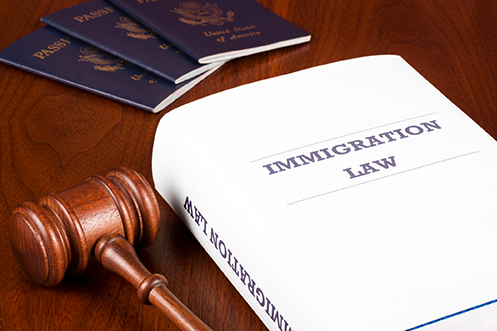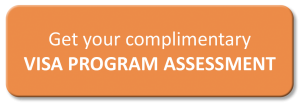Temporary housing solutions have applications beyond providing homes for transferees on short-term assignments. Recently GMS was contacted by several clients and prospective clients seeking assistance for employees displaced by the 2020 California and Oregon wildfires. Many of these employees lost their homes to fires or had to be evacuated to another location.
Each of the stories is heartbreaking for the employee and their family members. Ultimately, GMS was able to provide immediate assistance for everyone who called seeking temporary housing.
Sam Hoey, Senior Vice President, Business Development, oversaw the GMS response for our clients and prospects. Sam agreed to share the solutions that GMS implemented.
Traditional Temporary Housing Solutions
GMS recommends clients choose traditional temporary housing solutions for a number of reasons. Important criteria that are addressed with traditional solutions include:
- Move-in Inspection covering several points
- Cleanliness meeting specific standards
- Emergencies and Maintenance Issues
- Security Standards including the Wi-Fi System
Traditional temporary housing gives clients and employees peace of mind that these major areas of concern are taken care of down to the last detail.
Scope of Client’s Immediate Needs for Temporary Housing
Destruction from the 2020 California and Oregon wildfires is vast and widespread:
California
- 3,000 homes destroyed
- 100,000 evacuees displaced
- Over 7,000 wildfires
Oregon
- 2,200 homes destroyed
- 40,000 evacuees displaced
- 500,000 residents under evacuation warning
The wide area of destruction spread over both states impacts many employees. In some cases, over 400 employees were displaced in just a few days, with many actually losing their entire homes. Employers seeking to help for their displaced employees contacted GMS to discuss how best to help those in need.
GMS Leverages Temporary Housing Solutions
- After receiving requests for assistance, Sam sent the clients and prospects a clearly written communication. The instructions were to send the communication to their employees about who to contact at GMS for immediate assistance.
- GMS set up every employee in need with a GMS Relocation Coach. The Coach assessed their needs, and in many cases then sent the request to a client-directed preferred temporary housing provider, ATB Housing.
- A few cases required specialized responses. One employee displaced in Salem, Oregon, also had 4 large dogs. Instead of sending the dogs to a boarding kennel, GMS sourced a nearby fully furnished apartment for the employee on a 30 day rental basis.
- Some employees preferred booking extended stay hotels instead of temporary housing for the time being since they did not know what insurance would be offering them for their specific cases. ATB Housing also arranged the hotel options for these employees.
What Does This Mean?
GMS has a team of experts that help clients address nearly any relocation issue, including an emergency request for temporary housing. Clients should work with a Relocation Management Company (RMC) that has extensive knowledge and experience in housing solutions for employees.
Conclusion
GMS’ team of corporate relocation experts has helped thousands of our clients understand how to respond to emergency situations and changing employee needs. Our team can help your company understand how to find appropriate temporary housing solutions during any type of local crisis, including wildfires.
GMS was the first relocation company to register as a .com. The company also created the first online interactive tools and calculators, and revolutionized the entire relocation industry. GMS continues to set the industry pace as the pioneer in innovation and technology solutions with its proprietary MyRelocation® technology platform.
New SafeRelo™ COVID-19 Knowledge Portal
GMS recently launched its new SafeRelo™ COVID-19 Knowledge Portal featuring a number of helpful resources including:
- Curated selection of news and articles specific to managing relocation programs and issues relating to COVID-19
- Comprehensive guide to national, international, and local online sources for current data
- Program/Policy Evaluation (PPE) Tool for instant relocation policy reviews
Learn best practices from Global Mobility Solutions, the relocation industry and technology experts. Contact our experts online to learn about temporary housing solutions for your employees, or give us a call at 800.617.1904 or 480.922.0700 today.










